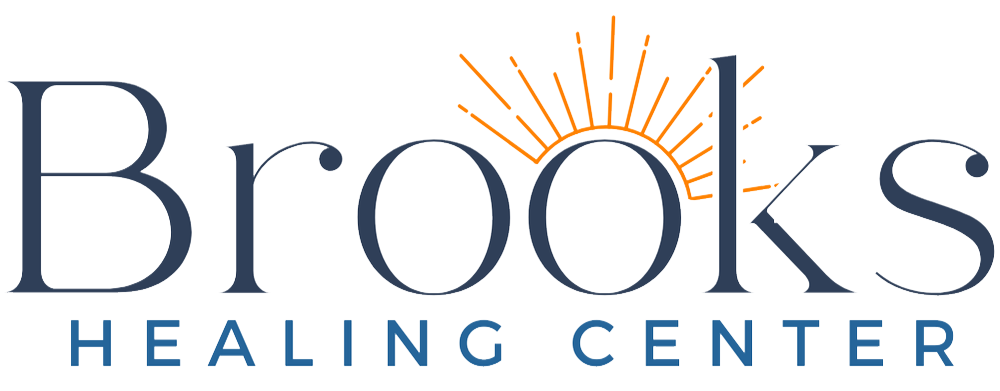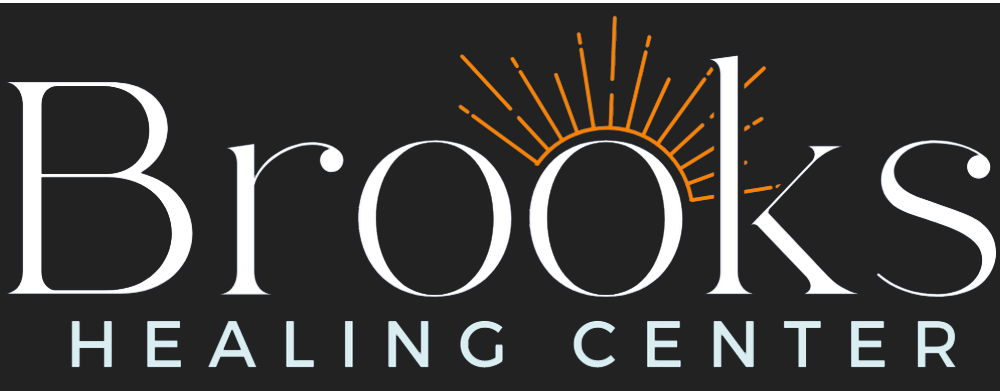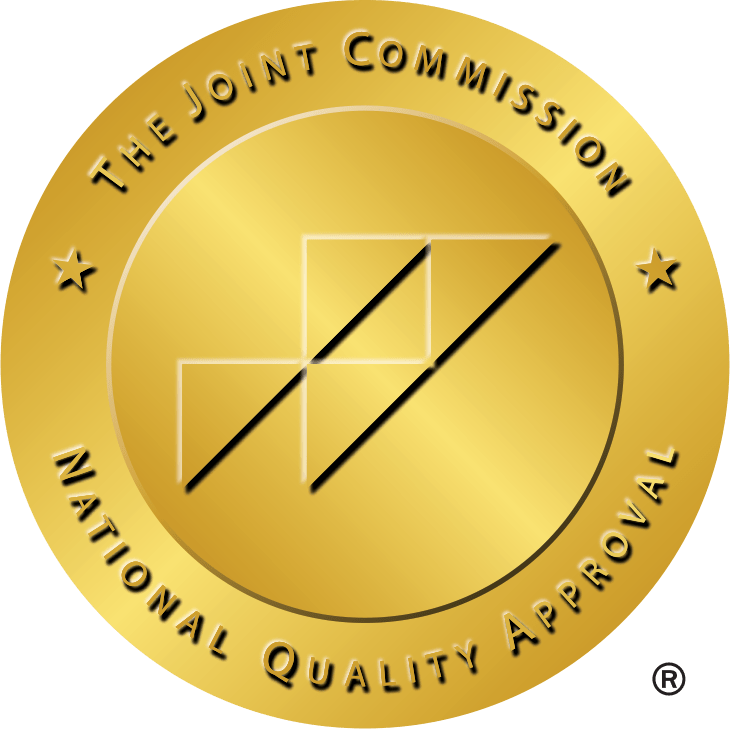Seeking help for alcohol addiction is a courageous and life-changing decision that can lead to lasting recovery and improved overall health. Finding the right treatment center near you is an important step in beginning your journey toward sobriety. Brooks Healing Center in Tennessee offers comprehensive alcohol rehabilitation services, providing personalized care and support to help those who are struggling to overcome addiction and rebuild their lives.
Table of Contents
Key Points
- Alcoholism is a chronic disease characterized by an inability to control alcohol consumption, leading to significant negative consequences in various aspects of life.
- Alcohol addiction and alcohol abuse are related but distinct, with addiction involving physical dependence and a more severe level of impact on daily functioning.
- Alcohol withdrawal can be dangerous, with symptoms ranging from mild discomfort to severe complications like delirium tremens (DTs), making medical supervision during detox crucial.
- Brooks Healing Center in Tennessee offers comprehensive alcohol treatment, including medically supervised detox and residential care, to support recovery from alcohol addiction.
What is Alcoholism?
Alcoholism, also known as alcohol use disorder (AUD), is a chronic and progressive disease characterized by an inability to control alcohol consumption despite negative consequences. It’s a complex condition that affects both the brain and behavior, leading to an intense craving for alcohol and continued use even when it causes problems in various aspects of life. Key features of alcohol use disorder include:[2]- Impaired control: Difficulty limiting alcohol intake or unsuccessful attempts to cut down or stop drinking.
- Physical dependence: Experiencing withdrawal symptoms when not drinking, such as nausea, sweating, and shaking.
- Tolerance: Needing to drink more alcohol to achieve the same effects previously obtained with lesser amounts.
- Neglect of responsibilities: Failing to fulfill work, school, or family obligations due to drinking.
- Continued use despite problems: Persistent drinking even when it causes or worsens physical, mental, or social issues.
- Preoccupation with alcohol: Spending significant time obtaining, using, or recovering from the effects of alcohol.
Alcohol Addiction and Abuse
Alcohol addiction and abuse are closely related but distinct concepts that often coexist on a spectrum of problematic drinking behaviors. Alcohol abuse refers to a pattern of drinking that results in harm to one's health, interpersonal relationships, or ability to work.[4] Signs of alcohol abuse include:- Drinking in dangerous situations, such as while driving
- Neglecting responsibilities due to drinking
- Experiencing legal problems related to alcohol use
- Continuing to drink despite relationship issues caused by alcohol
- Physical dependence on alcohol
- An inability to control or stop drinking despite negative consequences
- Increased tolerance, requiring more alcohol to achieve the same effect
- Experiencing withdrawal symptoms when not drinking
- Liver disease and other health problems
- Mental health issues, including depression and anxiety
- Strained relationships with family and friends
- Professional and financial difficulties
- Increased risk of accidents and injuries
Alcohol Quick Reference Chart
| Drug Category | Commercial & Street Names | DEA Schedule | Administration |
| Alcohol | Booze, brew, grain, juice, moonshine | None | Orally |
Can Alcohol Withdrawal Be Dangerous?
Alcohol withdrawal can be dangerous and, in some cases, life-threatening.[7] When a person who has been drinking heavily for a prolonged period suddenly stops or significantly reduces their alcohol intake, they may experience a range of withdrawal symptoms. While some people may experience mild discomfort, others can face severe and potentially fatal complications. Alcohol withdrawal symptoms can vary in intensity and typically begin within 6-24 hours after the last drink. Common symptoms include:[8]- Anxiety and irritability
- Tremors or shaking
- Sweating
- Nausea and vomiting
- Insomnia
- Rapid heart rate
- Increased blood pressure
- Severe confusion and disorientation
- Hallucinations
- Fever
- Seizures
- Extreme agitation
- Profound sweating
Risk Factors for Severe Alcohol Withdrawal
Several factors can increase the risk of experiencing severe withdrawal symptoms:[10]- Long-term heavy drinking
- Previous episodes of alcohol withdrawal
- Older age
- Presence of other health conditions
- Nutritional deficiencies
- Provide medications to manage symptoms and reduce discomfort
- Monitor vital signs and prevent complications
- Offer immediate medical intervention if severe symptoms develop
- Ensure proper hydration and nutrition
What Are My Options in Tennessee to Find an Alcohol Detox and Rehab Near Me?
As mentioned earlier, a medically supervised detox is often a crucial first step in the recovery process. Following detox, there are several paths to continue treatment and support long-term sobriety. Brooks Healing Center provides you with a full continuum of care, starting with detox and extending to residential treatment. The Brooks approach addresses both the immediate physical needs of detoxification and the longer-term psychological aspects of recovery. After completing detox, many people benefit from inpatient treatment, which provides a structured environment where patients can focus entirely on their recovery without the distractions and triggers of daily life. Additionally, we employ a variety of evidence-based treatments for alcohol use disorder:- Cognitive Behavioral Therapy (CBT): This therapy helps people identify and change negative thought patterns and behaviors related to alcohol use.
- Experiential Therapy: This approach uses activities and interactions to help process emotions and develop new coping skills.
- Trauma-informed Care: Recognizing the link between trauma and addiction, this approach ensures all aspects of treatment are sensitive to the impact of trauma.
- Brainspotting (BSP): This relatively new psychotherapy technique helps process trauma and negative emotions that may contribute to addiction.
- 12-Step Program: Based on the principles of Alcoholics Anonymous, this program provides a structured path to recovery and ongoing support.


